At once soothing and heartbreaking, Connie Converse’s music may have been a product of the 50s, but it still resonates in today’s chaotic world.
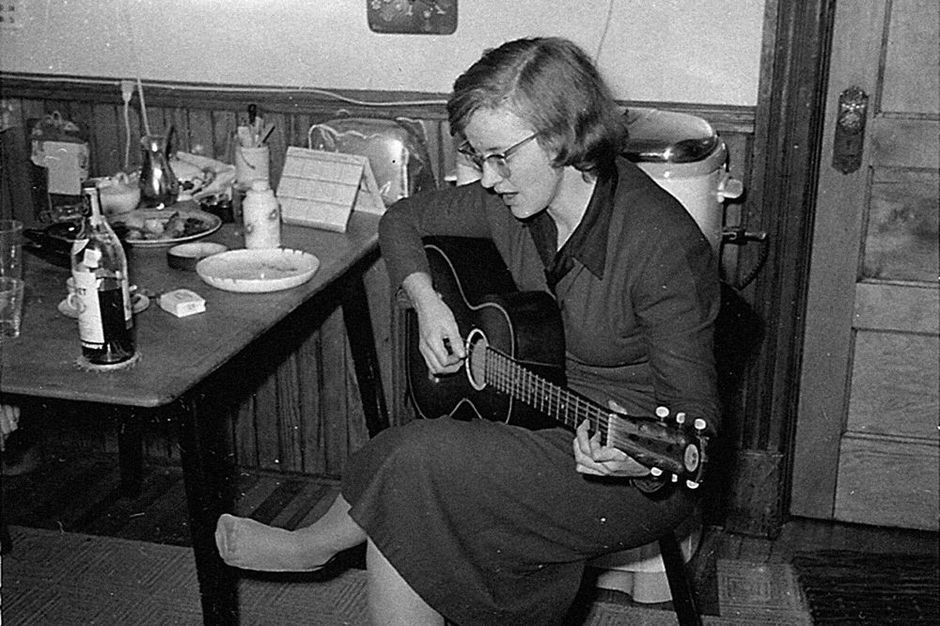
At the time of this writing, there’s been the emergence of a style referred to as ‘cottagecore’.
It’s founded on the idea of living in solace and peace with nature, with making a life for yourself somewhere quiet and cozy, with trying to live without harm to anyone or anything but those who act with malice. ‘Cottagecore’ is, I think, a way for young people — especially, I’ve noticed, young women — to cope with the grim shadow the world casts.
I’ve found myself dipping into the world of cottagecore myself as best as I can. That’s how I found Connie Converse.
Converse was — or maybe is, we’ll get into that later — a singer-songwriter born in Laconia, New Hampshire. She wrote her own songs, accompanying herself on guitar, and spent the 50s in New York trying to make her way in the musical world. Making wonderfully crafted folk story songs and tunes conveying her personal isolation and desire for love, she managed to record music with the help of comics artist and animator of note Gene Deitch, who promoted her music joyfully during her time.
She even appeared on Walter Cronkite’s The Morning Show in 1954.
But then, she stopped.
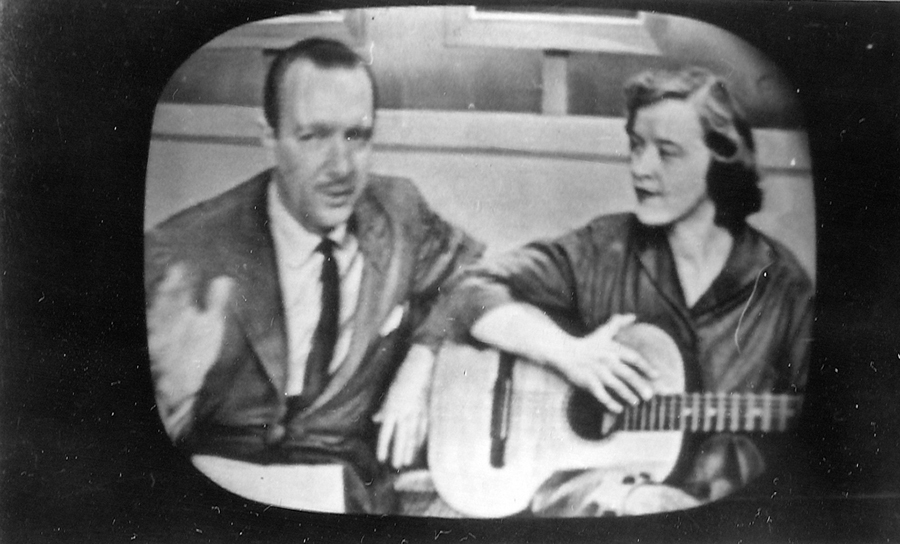
Weary and worn from personal, business, and artistic struggles, Converse went to Michigan to be with her brother Phillip. Spending years working at the Journal of Conflict Resolution, she set aside music.
Skip to 2004, when Deitch was invited by music historian David Garland on his radio show Spinning on Air.
Spurred by the playing of some of Connie’s reel-to-reel recordings, Dan Dzula and David Herman — listeners of the show — gathered her music. From Deitch’s collection in Prague, Czechoslovakia, and a filing cabinet in Ann Arbor owned by Phillip, they were collected and released by Laundrette Records as the album How Sad, How Lovely.
There’s a haunting sort of beauty in all of Converse’s tracks.
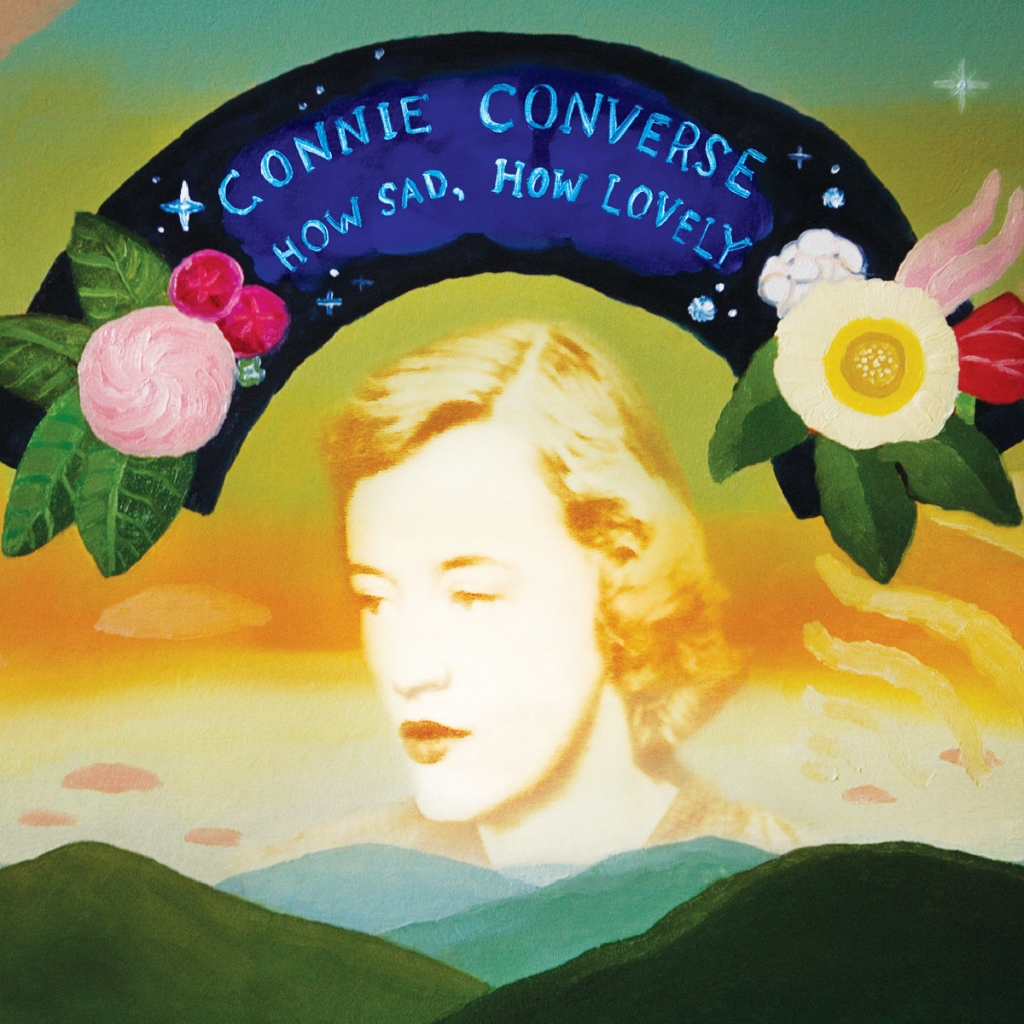
All alone with her voice and her guitar, each song has her heart and soul in each pluck and wavered note.
A chunk of her songs are stories in and of themselves — the wife of a sailor singing her laments on “Father Neptune”, tales of love won and lost in “Johnny’s Brother” and “Man in the Sky”, an ode to the “Playboy of the Western World” and the dried flowers he gave and received. These are gentle songs, sometimes sorrowful and sometimes joyful.
But Converse’s loveliest tracks are the ones that draw from her own experiences with love and the good kind of loneliness.
The opening track “Talkin’ Like You (Two Tall Mountains)” expresses her desire for a connection to nature and her draw towards being alone, as does “We Lived Alone”. The “Empty Pocket Waltz” is a love song of empty pockets and paid debts, and the title track is a song of adoration and yearning for sunsets in small towns.
All through the album are these notes conveyed in guitar and voice alone — a simultaneous desire to be left alone and to be loved.
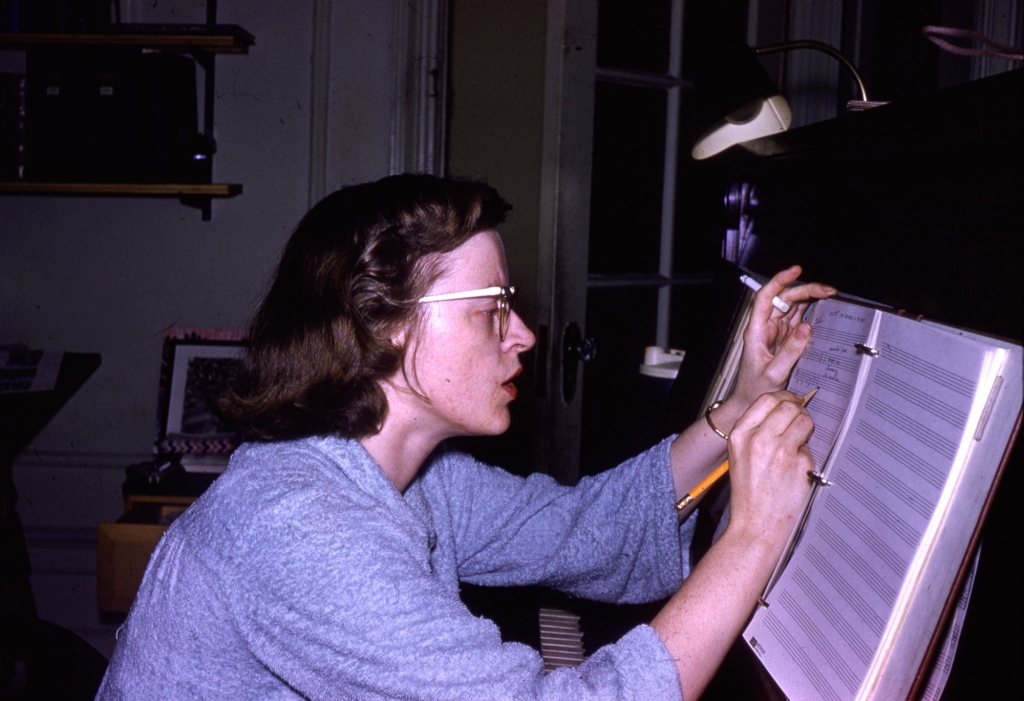
They’re not polished and they’re not perfect.
Connie flubs lines, and you can hear the murmur of the recording crew, but that’s okay. It doesn’t need to be perfect. It just needs to be hers, and it fulfills that purpose wonderfully.
That’s why I’m so drawn to it and why I think it connects so much to that cottagecore ideal I talked about: it’s raw, it’s nature-based, and it’s absolutely haunting in its dreaminess.
Connie Converse disappeared of her own volition in 1974. In a letter to her family, she wrote that she wanted to make a new life somewhere else.
“Let me go. Let me be if I can. Let me not be if I can’t. […] Human society fascinates me & awes me & fills me with grief & joy; I just can’t find my place to plug into it.”
Save for her recordings from the fifties, so lovingly saved by Deitch and Phillip and Garland and many others, no one’s heard from her since then.
I’ll be the first to admit that Converse’s music has brought me a lot of comfort in recent times.

Her songs are gentle but raw and lovely, and while she was unpolished she certainly deserves better than she received.
I don’t know if she’s still alive. The odds aren’t good. But I hope that, for however long she lived after she put down her guitar and disappeared, she found peace.
I hope the same for you all. Thank you for two years on Morbidly Beautiful. Here’s to many more.


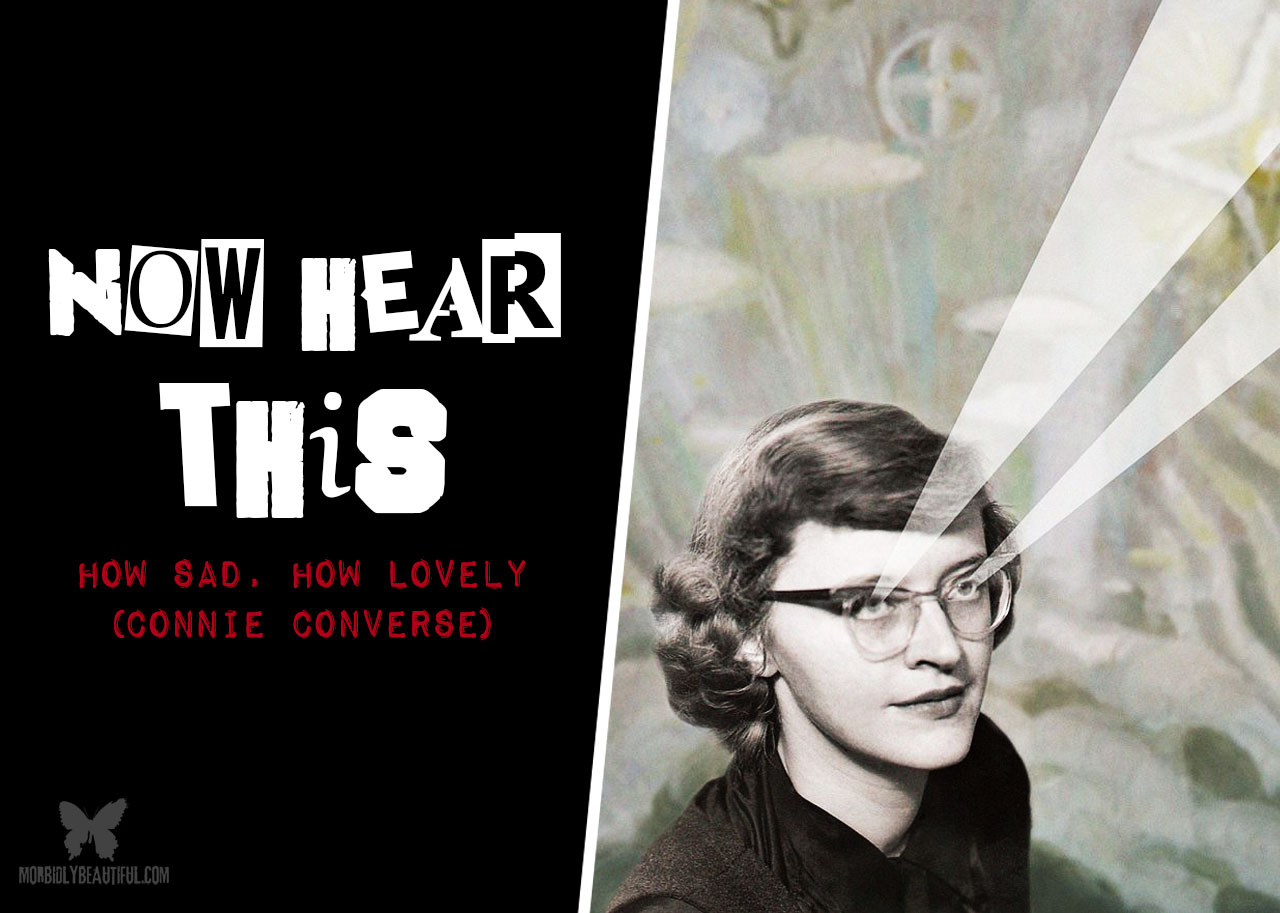


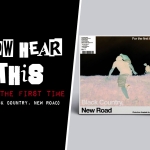




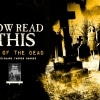




Follow Us!